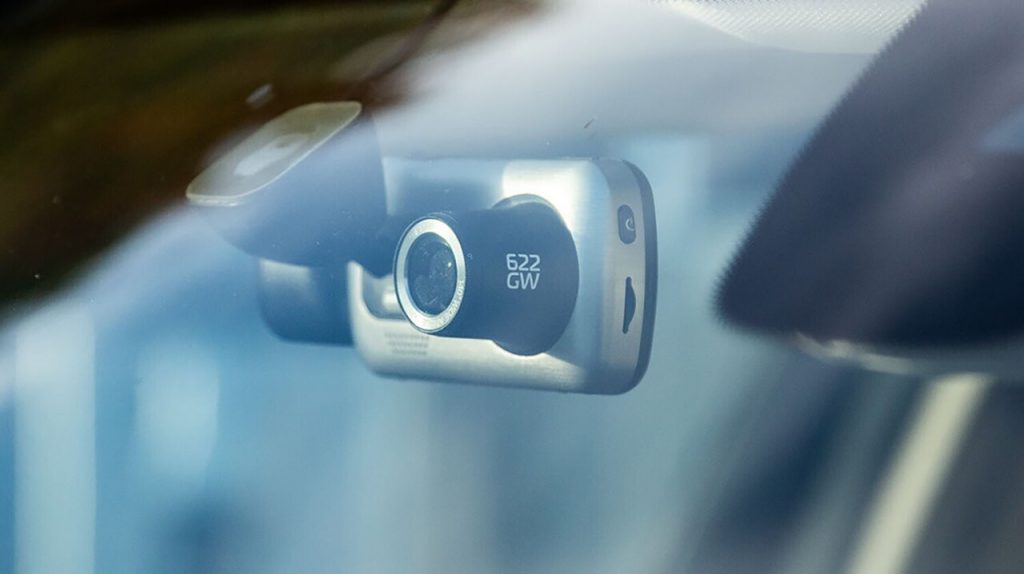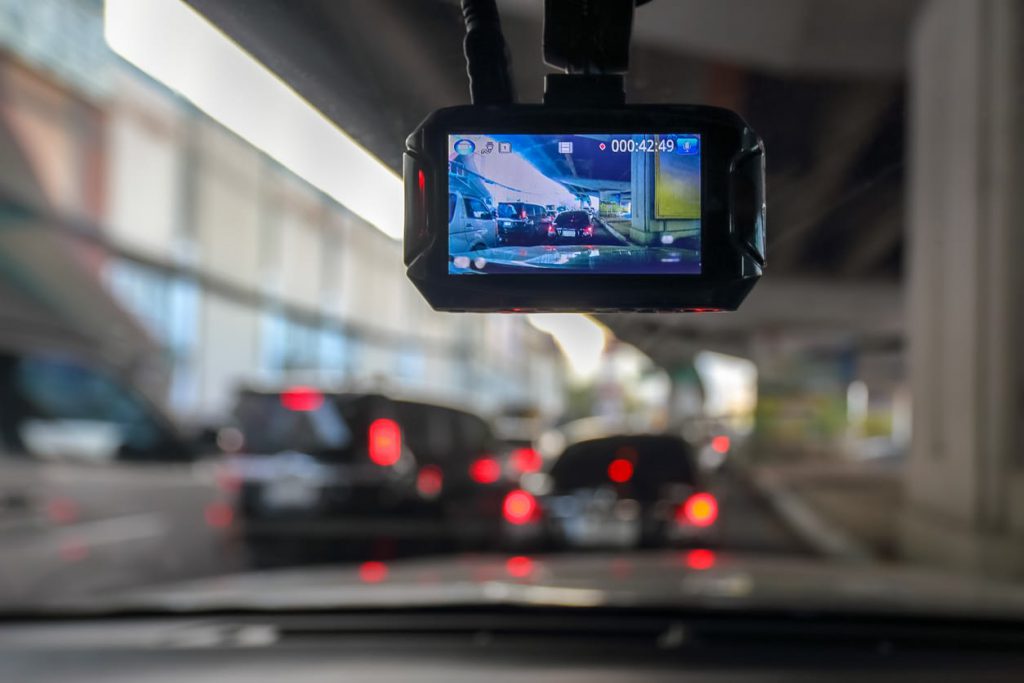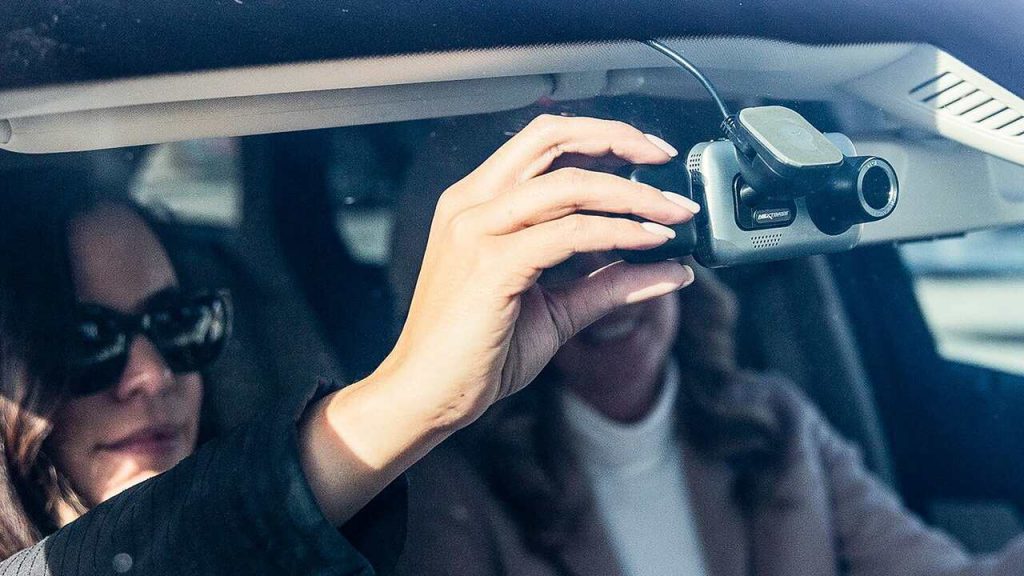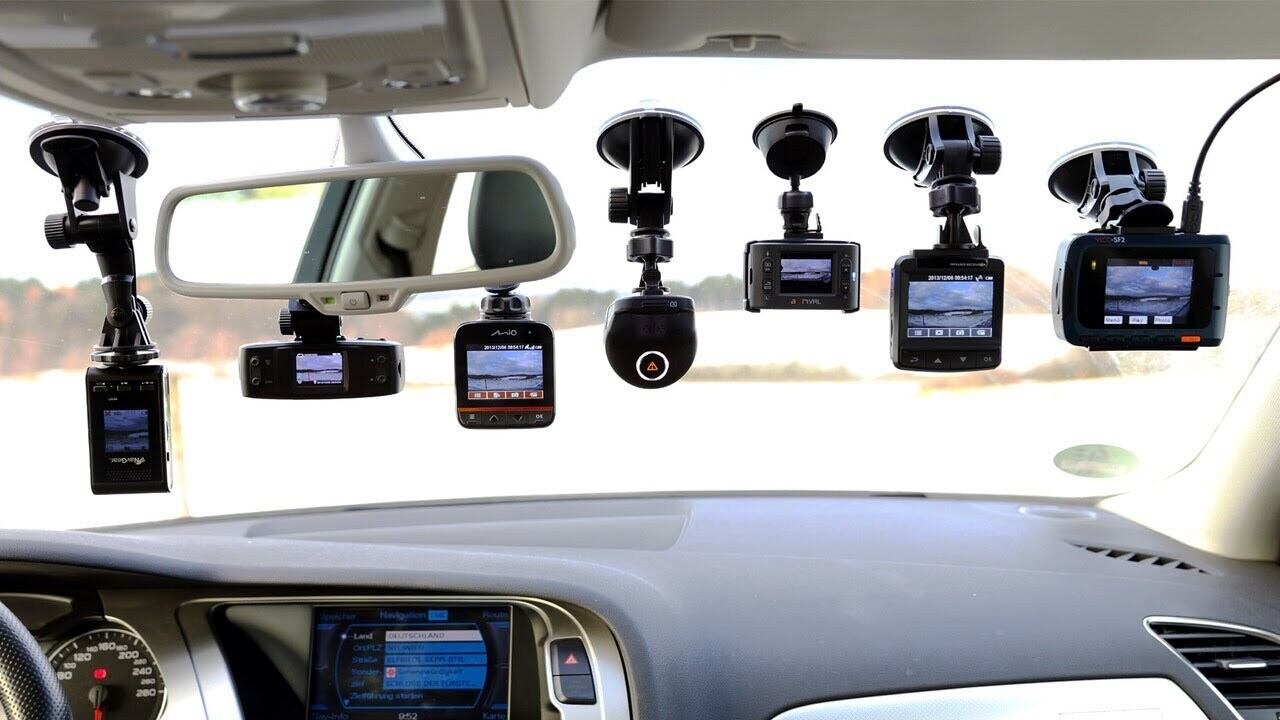If you could have an accessory for your car that could potentially help you out of a jam with your insurance company, would you buy it? If you said yes, then there’s good news. This device already exists. We’re talking about dashboard cameras — or dashcams. Many of today’s vehicles have backup cameras to help drivers safely pull out of parking spots, and some even have crash avoidance systems.
Contents
How Does Dash Cam Work?

With various new technologies, you might wonder if installing a dashcam in your vehicle is worth it. Dash cams are not as new as you may think. Police cars in New Orleans and throughout the nation have been using them for years. However, most average drivers do not have dashcams. They are cameras mounted on the dashboard, most units are attached to the inside of the windshield with a suction cup. They record both audio and video footage and are available in single, dual, and four-channel versions. A single channel dashcam is a forward-facing recorder that looks out of the front windshield while a dual/double channel dashcam captures footage from both the front and the rear of the vehicle with two cameras. A four-channel dashcam captures feed from all four directions, but these are extremely rare in passenger cars and are generally used in commercial trucks.
Depending on the product you purchase, a dashcam may require manual activation every time you want to use it or it may have an auto-activation feature that switches the camera on the minute you crank the engine. Most basic dash cams come with limited memory and can only store a few hours of video recording. Such devices have an auto-rewrite function that erases the data automatically unless it is transferred to another device. However, high-end versions can be connected to an app that allows for cloud storage of the clips.
How Can Dash Cam Be Beneficial To You?
If you caused a car accident, a dashcam could provide solid evidence that you were at fault, opening yourself up to liability for damages related to the accident. This certainly won’t be helpful to you. However, when you file a car accident claim because someone else caused an accident, having a dashcam in your vehicle can help. When the other side heavily disputes your car accident claim, footage from your dashcam can be valuable evidence that supports your claim. Police reports and eyewitness statements only provide a narrative of how the car crash happened. In most cases, law enforcement must piece together statements because they did not witness the crash. A dashcam can help you by providing key evidence, preventing your insurance premiums from rising, preventing insurance fraud, and reducing the length of time it takes you to resolve your car accident claim.
Providing Key Evidence to Support Your Claim

A dashcam captures what happens during an accident and provides visual evidence that goes along with the narrative provided in other reports. Also, it tells your version of the story more clearly than you can. Explaining how an accident happens is not always easy, and dashcam footage makes it easy. Unfortunately, some drivers lie about their role in an accident to avoid citations and/or liability. Dashcams record things that make it difficult for other drivers to give false statements.
Dashcam footage ultimately can prove if the driver broke any traffic regulations and release you of any fault for your car accident claim. A dashcam is especially beneficial if a hit-and-run driver leaves the scene of the accident. At the very least, camera footage provides the make and model of the vehicle, but sometimes footage also shows license plates, making it easy for police to track down the driver.
When you have enough of the right evidence to prove you did not contribute to the cause of a car accident, it’s unlikely your auto insurance provider will increase your premiums. The varied statements from witnesses and the police officer’s story about how the accident happened can sometimes be cloudy. Dashcam footage supports your claim and makes it difficult for the other side to shift blame your way. However, keep in mind that not all auto insurance carriers accept dashcam footage as reliable evidence for a claim. Yet, your attorney can search nearby video surveillance footage, traffic cams, and other sources of photographic evidence to support the footage and your claim.
SEE MORE:
- 8 Reasons Why You Should Have A Dash Cam
- Must-Have Gear For All Professional Drivers And How You Can Get It
Preventing Insurance Fraud
Unfortunately, morally bankrupt people sometimes choose to commit insurance fraud. They purposefully cause a car accident, blame the other driver, and attempt to extort money from the driver. These scammers look for drivers in high-end vehicles to have the best chance of getting money from the driver or the driver’s insurance company. They might claim they have a hidden injury, such as whiplash or a painful back injury. They use this to demand money for medical bills, lost wages, and their pain and suffering. Not all scammers are smart enough to look for a dashcam, and many are difficult to spot ahead of time. Putting a dashcam in your car ensures you won’t fall victim to a scammer trying to get money from you or your insurance company.
Fast-tracking Your Car Accident Claim
Video footage from your dash cam can be one of the most compelling pieces of evidence for your car accident claim. If the insurance companies involved accept the quality of the footage, they do not have to spend hours sorting through witness statements, reviewing photographic evidence, and speaking to witnesses. Additionally, having dashcam footage means you do not have to engage in repeated conversations about the crash with your insurance provider because it replaces your verbal account of the crash. Many car accident claims take months to settle, especially when disputes over liability exist. Dashcam footage fast-tracks claims because it removes doubt and questions that are present in some claims.
Choosing the Right Dashcam

A decent-quality dash cam costs $60 to $150. The most basic dashcams plug into the car’s cigarette lighter or run off a battery. Others are somewhat more complicated to install because they’re connected to the car’s electrical system. Experts recommend an HD-quality camera; otherwise, your recordings may miss important details like facial features or license plate numbers. Before you install your dashcam, make sure you know your local laws regarding window-mounted objects to ensure you won’t get ticketed for obstructing your view. Clean the glass and then mount the camera based on the manufacturer’s recommendations.
If you need to run wires to your cigarette lighter, you can keep them out of your way by taping or clipping them to the closest windshield edge, and then along with the dashboard. If your dashcam taps into your car’s electrical system for power, it’s probably best to have it installed by a professional.
Visit Maintenance Tips to know more about how to keep your car in tip-top shape!



